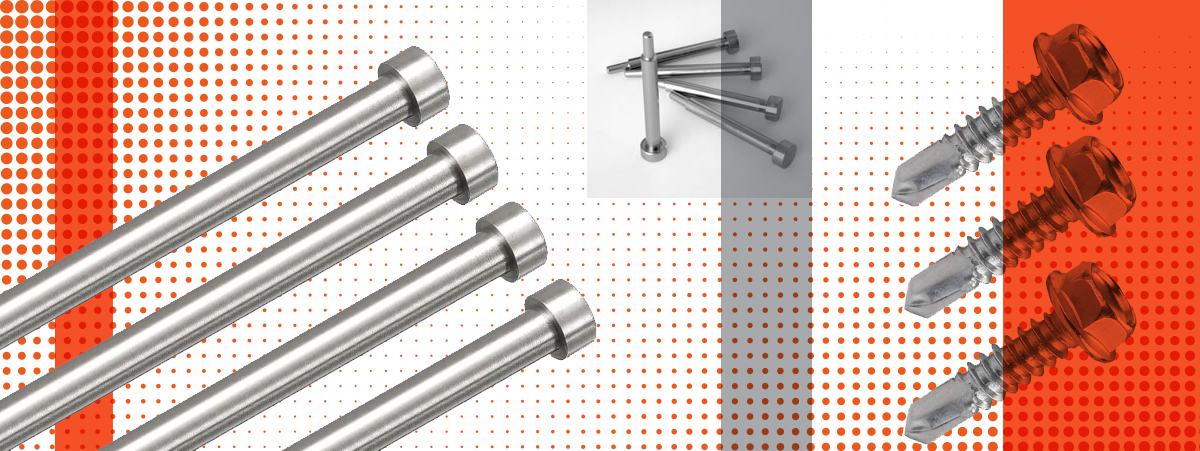

PROBLEM
The challenging requirements of die casting can limit design options. For example, holes and walls must be tapered to allow the die and material to separate. Core pins and other internal forms with less than 1 degree of taper risk release problems, material buildup, or tool breakage. A leading die casting company pushed these limits using FortiPhy™ XVD technology.
Solution
In a die designed for casting high-quality electronic component housings, core pins produce holes for self-tapping screws. Traditional tapered core pins would make the screw holes loose at the top and tight at the bottom. The company designed core pins that approximated the drilled pilot hole specified for the screws, then hardened them with FortiPhy surface treatment.

It really is possible
The core pins for this die had only 0.5 degrees draft per side and were subject to high thermal cycling. Treated with common coatings, they failed after fewer than 2,000 shots. FortiPhy coatings kept the core pins working like new after more than 12,000 shots. This has helped the company avoid hundreds of hours of costly downtime.
“The firm has been pleased with the resultant productivity improvement, and will continue to use FortiPhy XVD for our toughest applications.”
